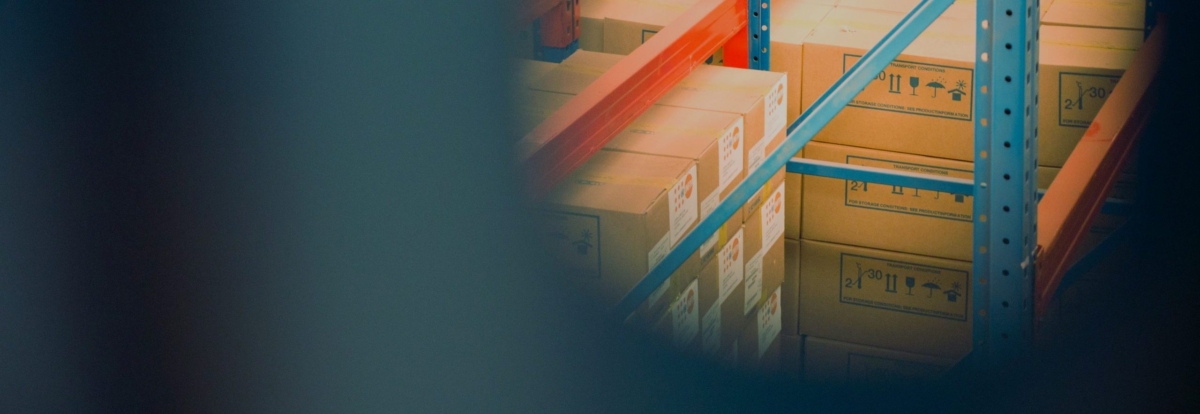Nearly eight years ago, the world looked on in horror as over 1,130 people tragically lost their lives in the Rana Plaza disaster, a garment factory collapse in Bangladesh. The tragedy highlighted the urgent need for better corporate due diligence in supply chains, particularly in industries that have increasingly complex international networks. Put simply: we need to make sure that the goods we buy are produced in a socially and environmentally responsible manner.
The tragic events in Bangladesh shed light on the threats to human rights and working conditions present in global supply chains, but it also became apparent that corruption was a significant contributing factor to the disaster. Human rights abuses and corruption often go hand in hand, and any legislation designed to address one of these issues is not complete without also addressing the other.
Over the last few months, the European Commission has been running a public consultation on sustainable corporate governance, focused on due diligence in supply chains, to collect views from a variety of stakeholders with a view to potentially launching new EU legislation. We at TI EU contributed with our own submission.
Corporate due diligence in supply chains, in the context of this public consultation, refers to the process carried out by companies to mitigate, prevent and account for human rights and environmental impacts throughout their supply chain. This is particularly necessary as multinationals have gained unprecedented power, and the expansion of globalisation and deep integration of global supply chains in recent years have resulted in severe adverse effects on people and the planet. Such legislation would be a win for businesses too. By creating a more detailed and harmonised framework, corporations will benefit from greater legal clarity and business certainty.
Our top priority for EU legislation on this issue is the inclusion of anti-corruption, bribery and governance issues within its scope. The envisaged legislation calls for mandatory corporate due diligence on human rights abuse and environmental degradation, which we fully support. However, legislation can be circumvented by corrupt practices unless these are effectively prevented and sanctioned. Corruption is too often and too easily considered a victimless crime, yet it is often a root cause of human rights and environmental concerns, especially in the context of large-scale cross-border business. With this in mind, it cannot be stressed enough that anti-corruption must be an integral part of the proposed legislation. It should also be accompanied by deterrent sanctions and effective cooperation between Member States in the area of prosecution.
In our submission to the European Commission, we called for alignment of the upcoming EU legislation with internationally agreed standards and definitions, such as the United Nations Guiding Principles on Business and Human Rights (UNGPs), the OECD’s Guidelines for Multinational Enterprises (MNEs) and the OECD Guidance on Responsible Business Conduct (RBC). The legislation should also allow for a certain margin of manoeuvre so that corruption-prone sectors may include additional sector-specific measures to supplement any minimum requirements.
The development of such a mandatory legal framework at EU level is needed more than ever. Evidence shows that the current voluntary measures have failed to significantly change the way companies manage their impact and provide remedy to victims. Transparency International’s recently published Defence Companies Index 2020, assessing transparency in the largest 134 global defence companies, showed that only 28% of companies have adequate policies and are transparent about their supply chain management, despite high risks of bribery and corruption in this sector.
The introduction of mandatory EU human rights and environmental due diligence provides a unique opportunity to strengthen companies’ compliance programmes. Any due diligence process excluding corruption would be incomplete and weaken the legislation.





